A puppy‘s diet significantly determines the course of its growth and can affect its entire life.
FEEDING YOUR PUPPY PROPERLY
Diet in the first weeks
When your dog has given birth, there is usually no need to worry about the puppies’ diet in the first few weeks. An exception would be if the mother is not producing enough milk or if one of the puppies is obviously not getting its fair share. Usually everything works like clockwork and the puppies are suckled every few hours. The mother’s milk contains all the nutrients the little ones need in their first few weeks of life. However, they grow quickly, and after about four weeks you will see for the first time one or more of the puppies wandering over to its mother’s food bowl. It is then time to provide the puppies with their own bowl of puppy food.

Solid food for the first time
As soon as the puppies start to show an interest in solid food, they should be provided with high-quality puppy food. This is important to ensure healthy growth. They are now becoming more and more agile and also need additional energy due to their fast growth. Their requirements regarding protein and minerals differ from those of an adult dog. A special puppy food ensures that the puppies are optimally provided with all the necessary nutrients. Not only the composition, but also good tolerability is important, because it is not easy for the organism to switch from liquid to solid food. This occurs more or less automatically between the 4th and 8th week. Because the mother’s milk production declines steadily, and the puppies have no choice but to turn to the food bowl. Each puppy should, of course, have its own bowl, so that there is no fighting for the food, and every puppy can be monitored regarding how well and how much it eats.
How often should puppies be fed?
Most dog owners feed adult dogs twice a day. This would, however, be far too seldom for a puppy due to its small stomach. The amount of food per meal would be too large, and involve the risk of vomiting. Puppies need four meals a day in the first months of their lives. From the age of 5 months this can be reduced to three meals a day, and to two at the age of six to seven months at the earliest. There is, however, no reason not to continue with three meals a day until the dog is fully grown. There are big differences here: Small dogs can be fully grown at 12 months of age, medium-sized dogs at 14 months, and very large dogs at 24 months. Up to this point, you can feed your puppy with puppy food.
How much food does my puppy need?
The right amount of food is extremely important when raising a puppy in order to ensure optimal growth. An insufficient or excessive supply of certain nutrients can quickly impair the puppy’s growth. If puppies are fed too much, they risk growing too quickly, which can involve major health problems for a growing dog. Here, bones, articular cartilage and muscles do not develop at the same pace. Feeding should always be carried out in accordance with the recommendations on the packaging of the puppy food. Calculate the correct daily ration and divide it by the number of feedings. Treats should also be taken into account.

Wet or dry food?
You can feed your puppy both wet and dry food. The choice of food type should depend on what food the puppy was given by the breeder or the previous owner. In the delicate initial phase – after separation from its mother and siblings – it is important to not change the food as well. Breeders usually provide future puppy owners with precise information about the puppy’s previous habits. If you are not impressed by the food, wait at least 14 days before switching it and then change the food gradually over a longer period of time. Here you should mix a slightly larger amount of the new food with the previous one until, after about 10 days, the changeover is complete. The same procedure applies when it is time to switch the puppy food to adult dog food.
Preparing the food yourself
It is not recommended to prepare the food for a puppy yourself. Because it is relatively difficult to meet the specific needs of a growing dog with a self-prepared meal. This requires the relevant basic knowledge. If, however, you do prepare the food yourself, ensure that you consult an experienced veterinarian regarding the composition. A much easier and safer choice is to use a high-quality puppy food that is perfectly tailored to the needs of a growing puppy.
EXPLORE MORE PRODUCTS
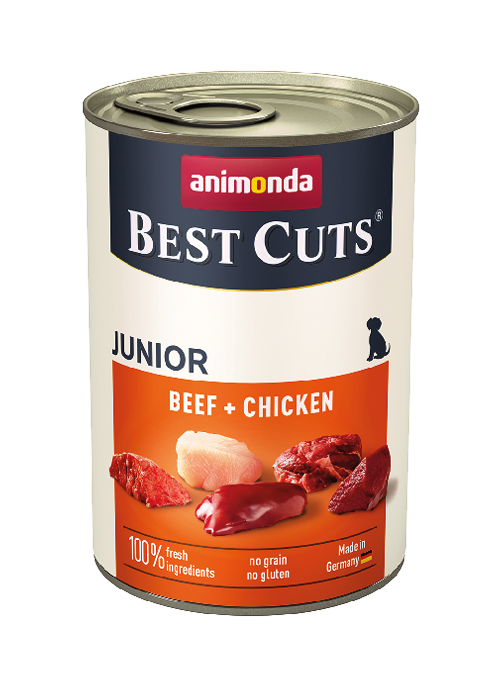
Beef + Chicken
explore now
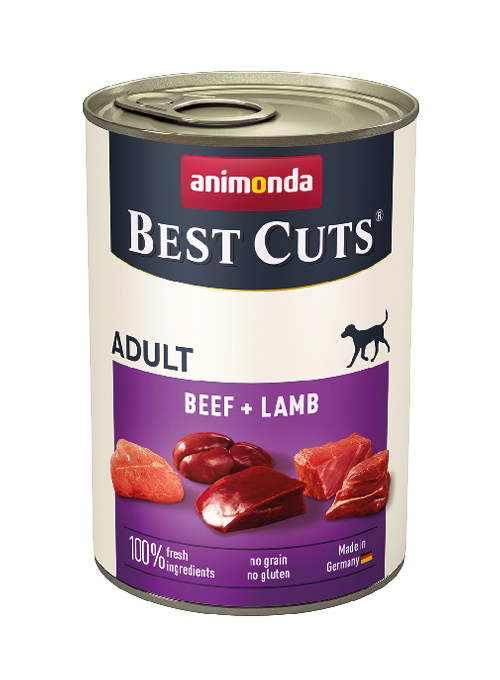
Beef + Lamb
explore now
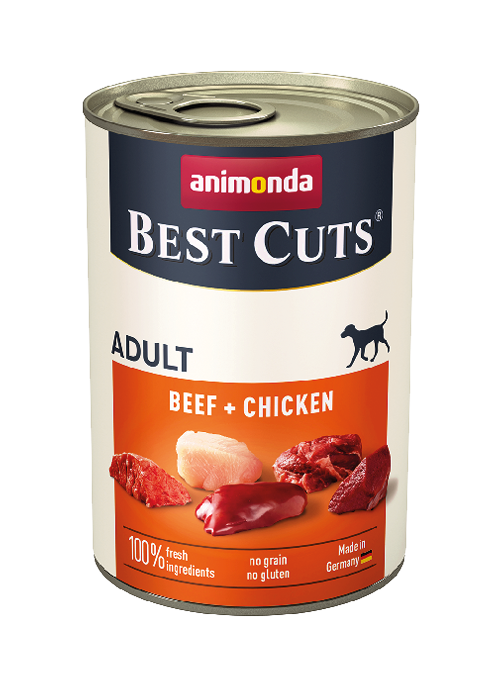
Beef + Chicken
explore now
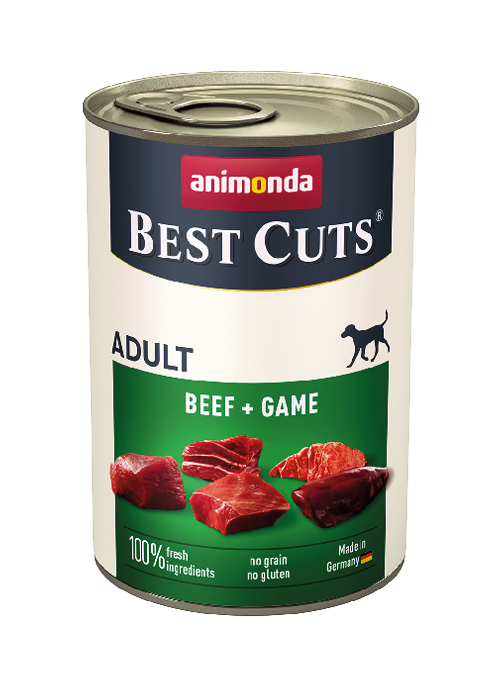
Beef + Game
explore now
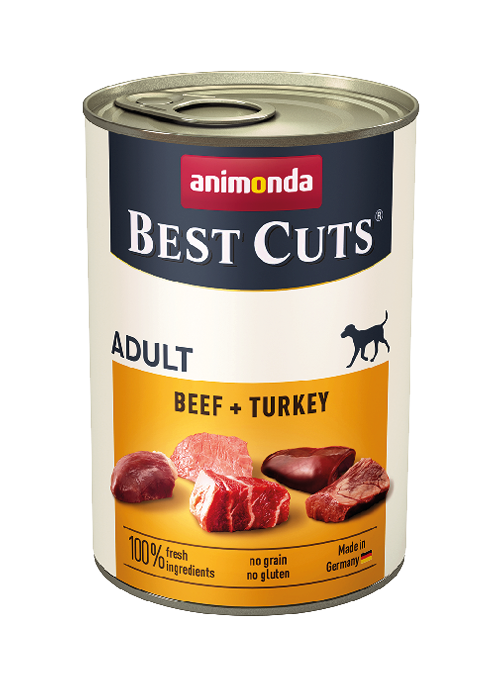
Beef + Turkey
explore now
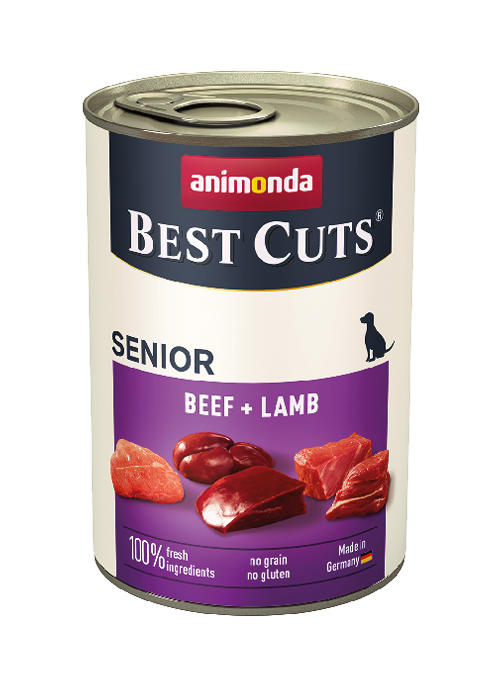
Beef + Lamb
explore now
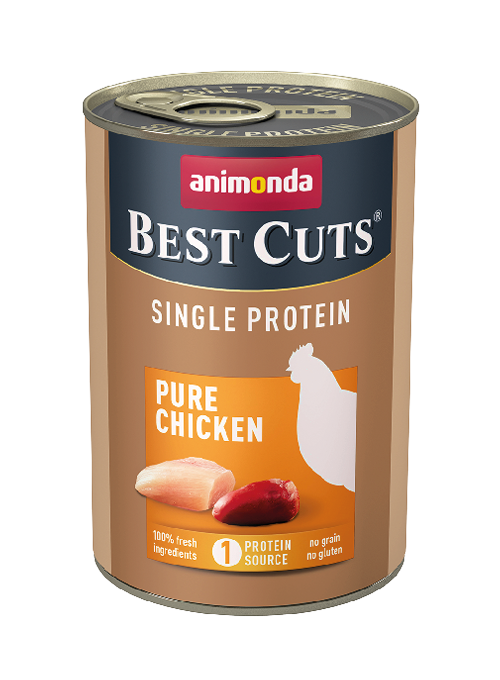
Pure Chicken
explore now
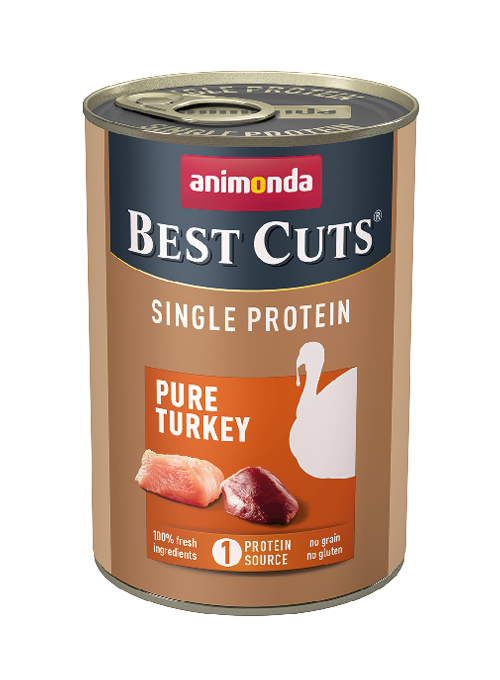
Pure Turkey
explore now
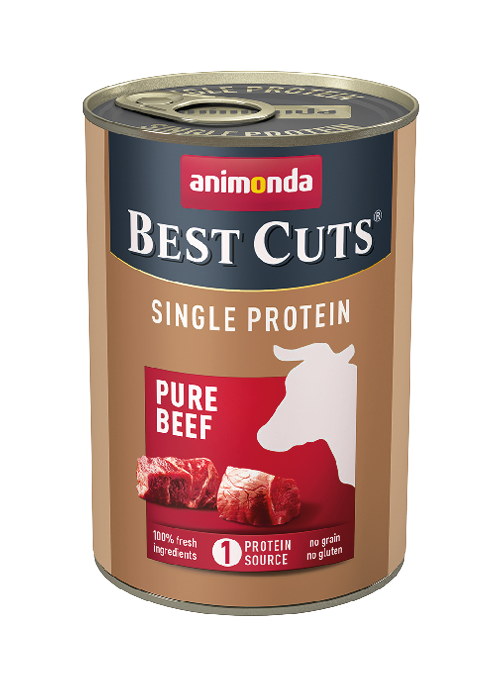
Pure Beef
explore now
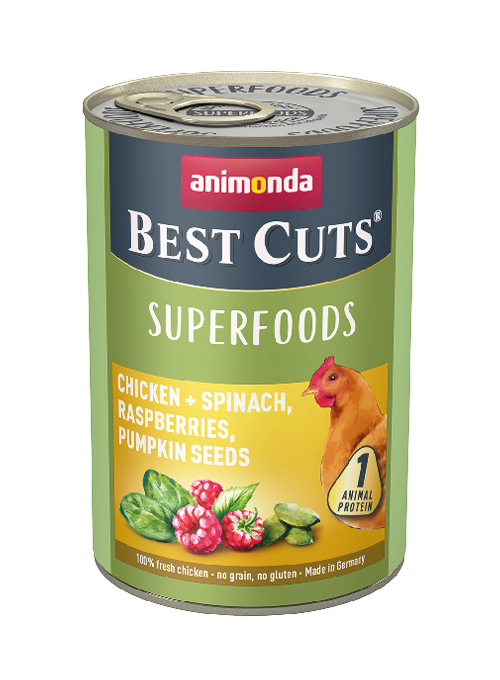
Chicken + spinach, raspberries, pumpkin seeds
explore now
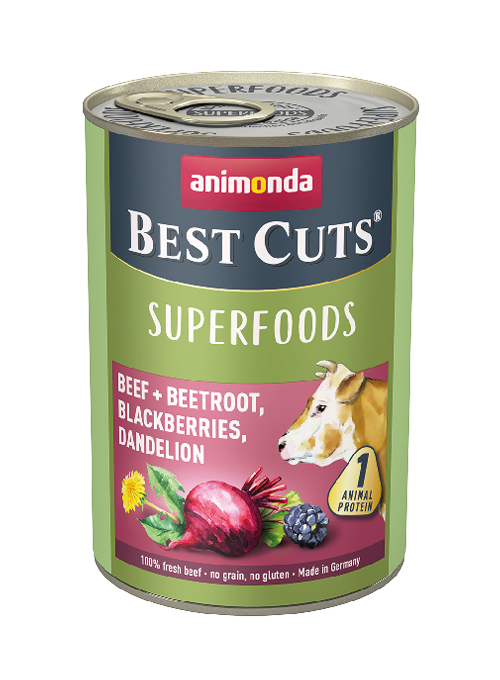
Beef + beetroot, blackberries, dandelion
explore now
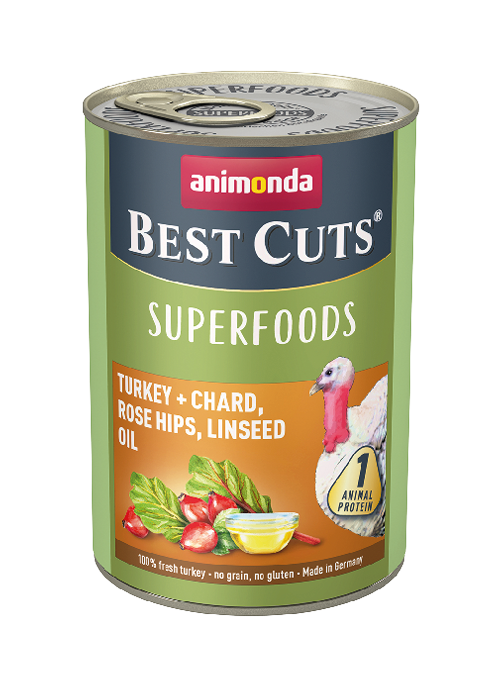
Turkey + chard, rose hips, linseed oil
explore now

Pure Lamb
explore now

Pure Turkey
explore now

Pure Beef
explore now

Pure Chicken
explore now
